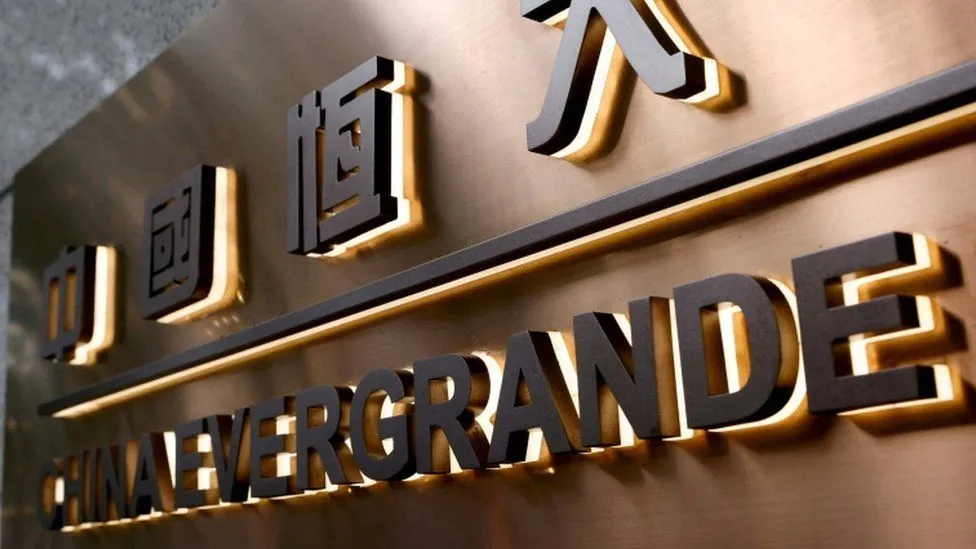In a landmark decision on January 29, 2024, the Hong Kong court ordered the liquidation of China Evergrande Group, the world’s most indebted property developer.
This ruling, marking a pivotal moment in the financial sector, is expected to impact China’s already strained financial markets significantly.
Evergrande, with liabilities exceeding $300 billion, defaulted on its offshore debt in late 2021, symbolizing the broader debt crisis in China’s property sector.
Justice Linda Chan of the Hong Kong High Court made this crucial decision, appointing Alvarez & Marsal as the liquidator.
This appointment signals the beginning of what could be a long and intricate process. The liquidation stands as the largest in Hong Kong’s history, emphasizing its magnitude.
Evergrande’s CEO, Siu Shawn, responded to the court’s decision, affirming the continuation of home-building projects despite the liquidation order.
He assured that the company’s onshore and offshore operations would remain unaffected.
Upon taking charge, Alvarez & Marsal expressed their commitment to preserving as much of the business as possible through restructuring and operational maintenance.

However, the process faces significant challenges due to the location of most of Evergrande’s assets in mainland China.
The company, with over 1,200 projects at different stages, is focused on delivering homes under construction.
This aspect underscores the broader impact of the liquidation on the housing market and the economy.
The market is now closely observing the liquidators’ actions and their potential recognition by Chinese courts.
Symbol of the challenges facing China’s property sector
This aspect is crucial for the enforcement of their powers over onshore assets.
The court’s decision concludes a period of extended deadlines for Evergrande to restructure its debts, marking an end to the developer’s repeated attempts to delay liquidation.
This development is not just a corporate failure but also a symbol of the challenges facing China’s property sector.
It highlights the complexities of cross-jurisdictional legal and financial issues and the impact of such corporate crises on investor confidence and economic stability.
The liquidation of Evergrande could have far-reaching consequences for China’s property market and the broader financial system.

